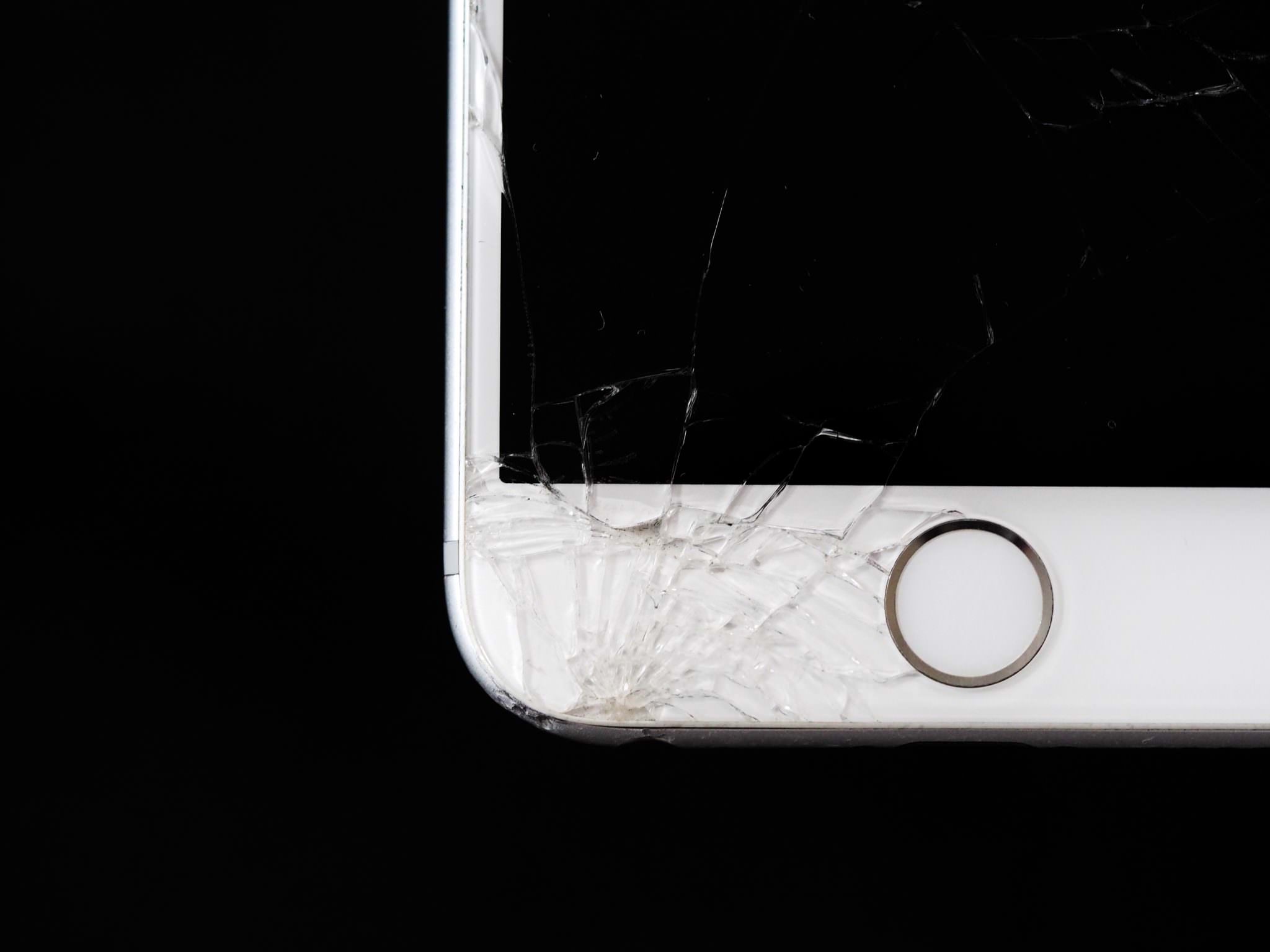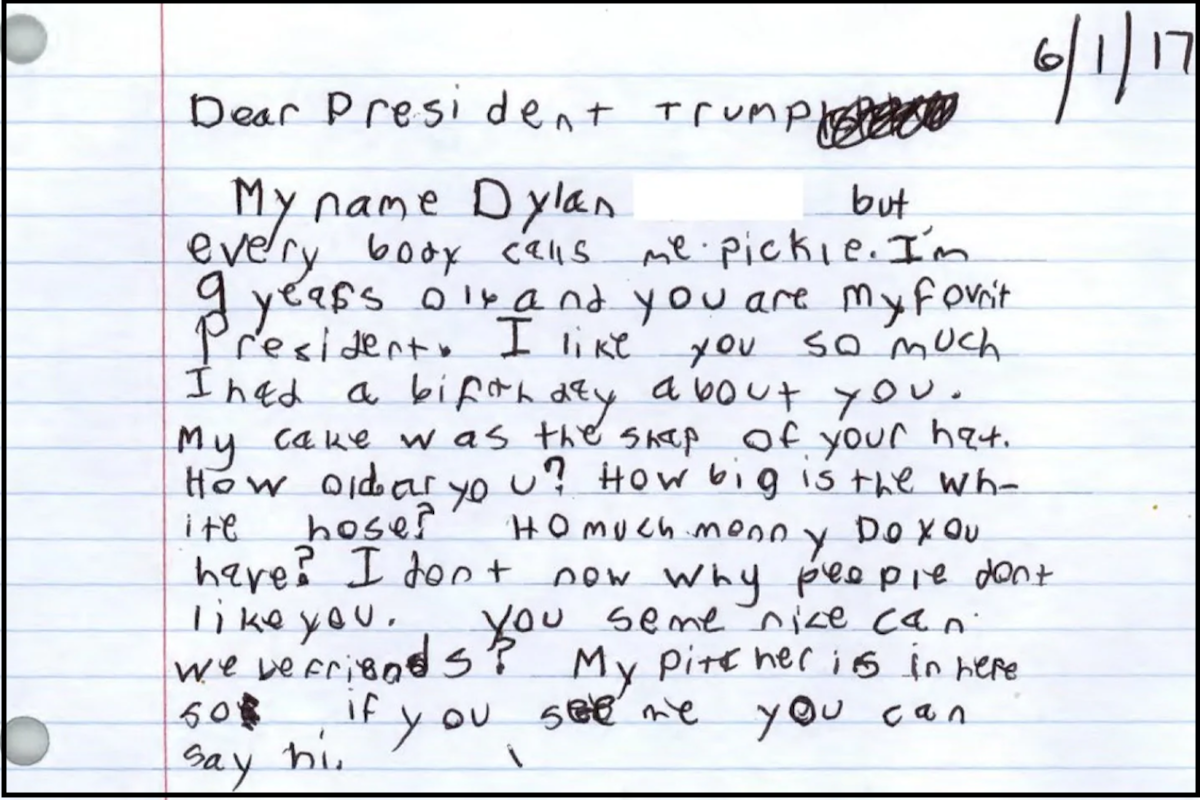Art and Culture
How a Culture of Outrage Is Stifling Political Satire
While satire is often controversial, it has become increasingly common for it to be accused of bigotry where none exists.

Trump’s presidency should be a golden age for political satire. With the White House engaged in a seemingly endless trail of controversies and absurdities, late night talk show hosts, satirical writers, sketch shows, and cartoonists are being handed some of the richest material of their careers. Unfortunately satirists must also contend with a creeping culture of outrage that is desperate to find offence. While satire is often controversial, it has become increasingly common for it to be accused of bigotry where none exists. Especially worrying is that this outrage is exacerbated by news outlets and those who work for them; people who should be able to provide context and a nuanced understanding of satire rather than contributing to the hysteria.
During both the election cycle and Trump’s current administration, there has been a proliferation of images reimagining Trump and Vladimir Putin as lovers. SNL had Alec Baldwin’s Trump plant a kiss on Beck Bennett’s Putin in their last show before Americans went to the polls. A recent cover of the Economist depicts Putin and Trump facing each other, Trump photoshopped into lipstick and a red kiss on Putin’s cheek. Perhaps the most recognisable of these depictions is a Lithuanian mural showing the two leaders sharing a passionate embrace.
As increasing evidence of Russian tampering in the election has mounted and unsavoury links between Russian officials and the Trump campaign and administration have been revealed, satirical depictions of the two leaders in romantic trysts have persisted. All of these portrayals have been accused of homophobia; a cheap laugh designed to ridicule intimacy shared between two men. In February, the Huffington Post declared that, “We Need to Talk About the Homophobia in This Trump/Putin Street Art,” stating: “We need to do better. There are ways to critique our president and his alleged problematic relationship with Vladimir Putin without placing that critique in a framework that, at the end of the day, is homophobic.” Esquire concurred that such images were indeed “questionably homophobic.”
Such criticisms are based on lazy misunderstandings of the satire being presented, with what appears to be a complete lack of awareness of context and a desire to be offended. The Lithuanian painting is actually a take on the Fraternal Kiss by Dmitri Vrubel, a highly regarded piece of satirical graffiti still visible on the remains of the Berlin Wall. This is even pointed out in the Esquire piece and then seemingly ignored. It is also worth pointing out that Lithuania, along with other Eastern European countries, is particularly perturbed by America’s increasingly sympathetic rhetoric concerning Russia. The point of the mural, as well as the SNL skit and the front cover of the Economist, is not to laugh at two men being tender with each other, but to mock the current administration’s worrying ties to Putin. In the case of SNL, that ridicule extended to James Comey’s unprecedented statement on the FBI investigation into Anthony Weiner’s emails and David Duke’s consistent praise of Trump. If they have become memes it is because they resonate with the wider public by doing what satirical images ought to be doing; amusing us and shocking our sensibilities.
Such feelings are not evoked by the depiction of a homosexual relationship but by the uncomfortable closeness between the two administrations, and the apparent interference of Putin in American politics. If this is not the first thing that we associate with these images then as a society, we have either lost the ability to read and contextualise the images before us or we are so keen to find offence that we let it obscure what ought to be obvious. The truth is probably a combination of the two. While it may not be surprising from the Huffington Post, we should still expect a serious news outlet or magazine to offer a more thorough and thoughtful understanding of political satire, and not simply raise the alarm on unfounded claims.
Steve Bell’s Fashionable Contrasts in Washington is another example of satire falling victim to the current outrage culture. As with Trump and Putin, Bell’s cartoon depicts the meeting between Trump and British Prime Minister, Theresa May, as a sexual one. Depicting only the lower legs and feet, Bell’s cartoon shows Theresa May prostrate, her iconic kitten heels pointing down. Trump’s legs lie between her own: small, chubby, and orange. As soon as it was published there were cries of misogyny. The central accusation: that by depicting May in a sexual position, and more specifically, this sexual position, the cartoon was offensive to women, ridiculed May unfairly because she is a female Prime Minister, and made light of rape. Such claims are far-fetched to say the least.
As with the Trump mural, Bell’s cartoon is a take on an earlier work of satire, replicating James Gillray’s famous 18th century cartoon Fashionable Contrasts. Bell explicitly references the earlier work in the title and adds “after Gillray” lest anyone miss the allusion. His critique is not one aimed at women in general, nor at May for being a woman, and it certainly is not an attempt at rape humour. Bell is ridiculing May for, what he perceives to be her attempt to cosy-up to Trump at the expense of British interests. The downward facing positioning of the legs is crude, but that is not the same as misogynistic. Absurd accusations of misogyny were tweeted by, among others, journalists from Newsweek and Daily Telegraph. These are people we should expect to offer informed opinions and to have the initiative to Google ‘Gillray’ before they cry bigotry. Everyone has a right to disagree with satire, and it is perfectly legitimate to argue with the claim that May was not steely enough in her resolve with Trump, but we should not simply shut down the argument by taking unwarranted offence.

This same distinction was also lost on many when SNL aired its recent Fatal Attraction skit, in which Kate McKinnon’s Kellyanne Conway played the role of Glenn Close opposite Beck Bennett’s Jake Tapper. Satire will often produce a visceral reaction; to ridicule and outrage others is, after all, part and parcel of the medium’s premise. But it is a worrying sign of the times when writers for New York Magazine, The Washington Post, and an NBC news anchor all decide to colossally miss the point while ABC news run an entire segment on whether SNL went too far. All asserted that not only is it a sexist portrayal of Conway but that it is disrespectful to a mother and a wife. Considering the biting portrayals of other members of Trump’s staff on SNL, asking for special treatment for Kellyanne Conway based solely on the fact that she is a woman, a mother, and a wife is in itself a bizarre demand.
It is also passes over the comparatively sympathetic portrayals of Conway on SNL to date, often beleaguered and somewhat ashamed of being the architect of Trump’s election. But more important than this is the failure to engage with SNL’s central conceit. Conway’s depiction as a deranged woman is a nod to her consistent use of wild claims, outright lies, and evasion to obfuscate the truth. It was the use of these tactics that got Conway banned from CNN, before the network relented for an interview with Tapper. But let us not forget that the skit is also an indictment of Tapper and the wider media, which it lampoons for playing to ratings; a point made explicit when Conway remarks, “Think of the clicks, Jake.”
In a recent interview, Gérard Biard, the editor-in-chief of Charlie Hebdo commented, “We live more than ever in a civilisation where everything is image, we are surrounded by images all the time. Yet, today, we don’t learn how to read them…Reading a press drawing, reading satire, means knowing; first of all, why?; in what context?; and following on from what?”
And herein lies the rub. When we have either become too lazy or too intellectually inept to contextualise political satire, we are doing a disservice to the important role it plays in scrutinising political institutions. We should all be clear that by offering a kneejerk reaction of offence, we impoverish our ability to make satire that is meaningful.
Let us take a moment to remember Spitting Image, a biting satirical show that was controversial, outrageous, and crude. But it was also funny, clever, and a much needed commentary on the UK’s political affairs during the 1980s and 1990s. It is hard not to wonder whether the show could be made today. How would journalists, let alone the wider public, respond to a puppet Reagan placing a kiss on Margaret Thatcher while he laments having only been able to ‘screw’ her country?
The problem with our desire to find offence is that our outrage is not being directed at the right targets. All of these examples are outrageous but not because they are misogynistic, sexist, or homophobic, but because it is outrageous that there is a strong possibility of collusion between the Trump campaign/administration and a hostile foreign power. It is outrageous for Theresa May to claim that she will make Trump accountable for past statements and then appear to do nothing of the sort, later telling Vogue that he is a ‘gentleman’. It is outrageous to have a senior White House political advisor’s lies and ‘alternative facts’ aided by a news network pursuing ratings. These are the things that should cause offence, not the satire that irreverently brings them to our attention.






